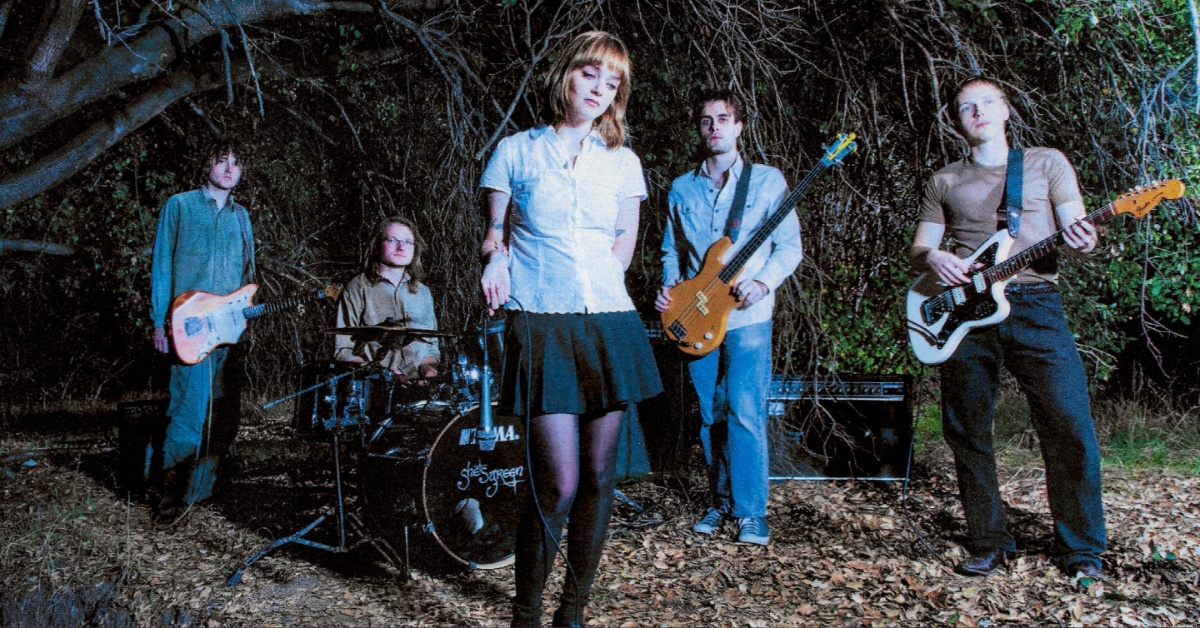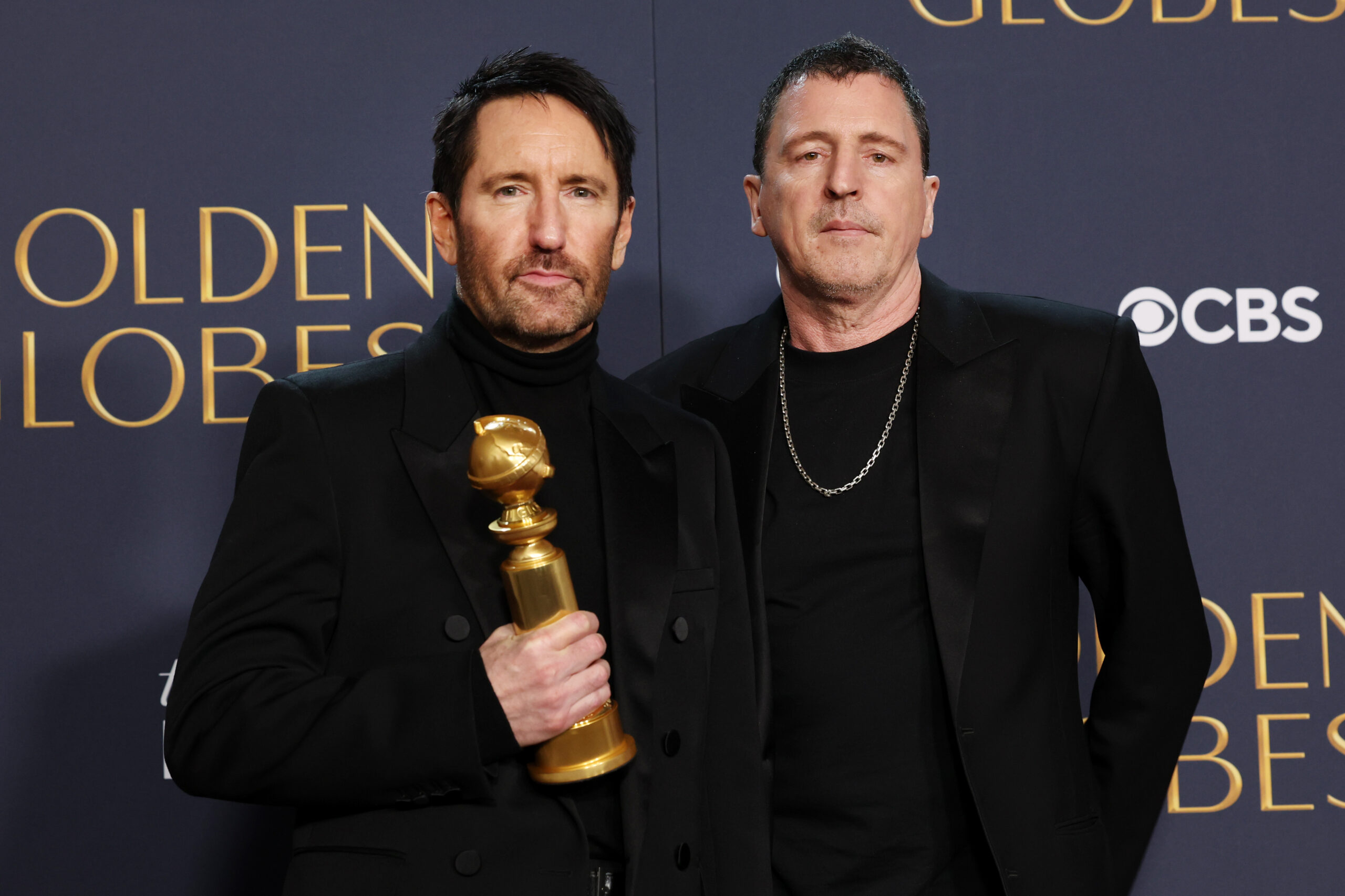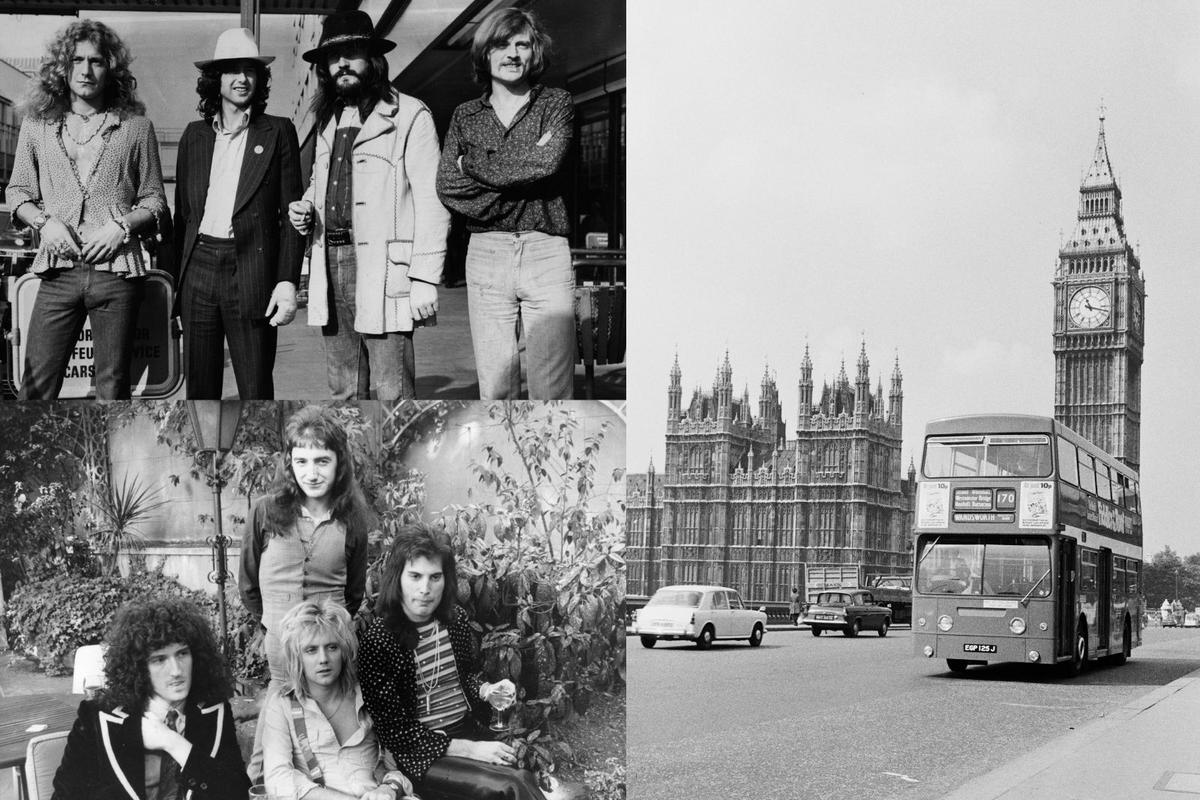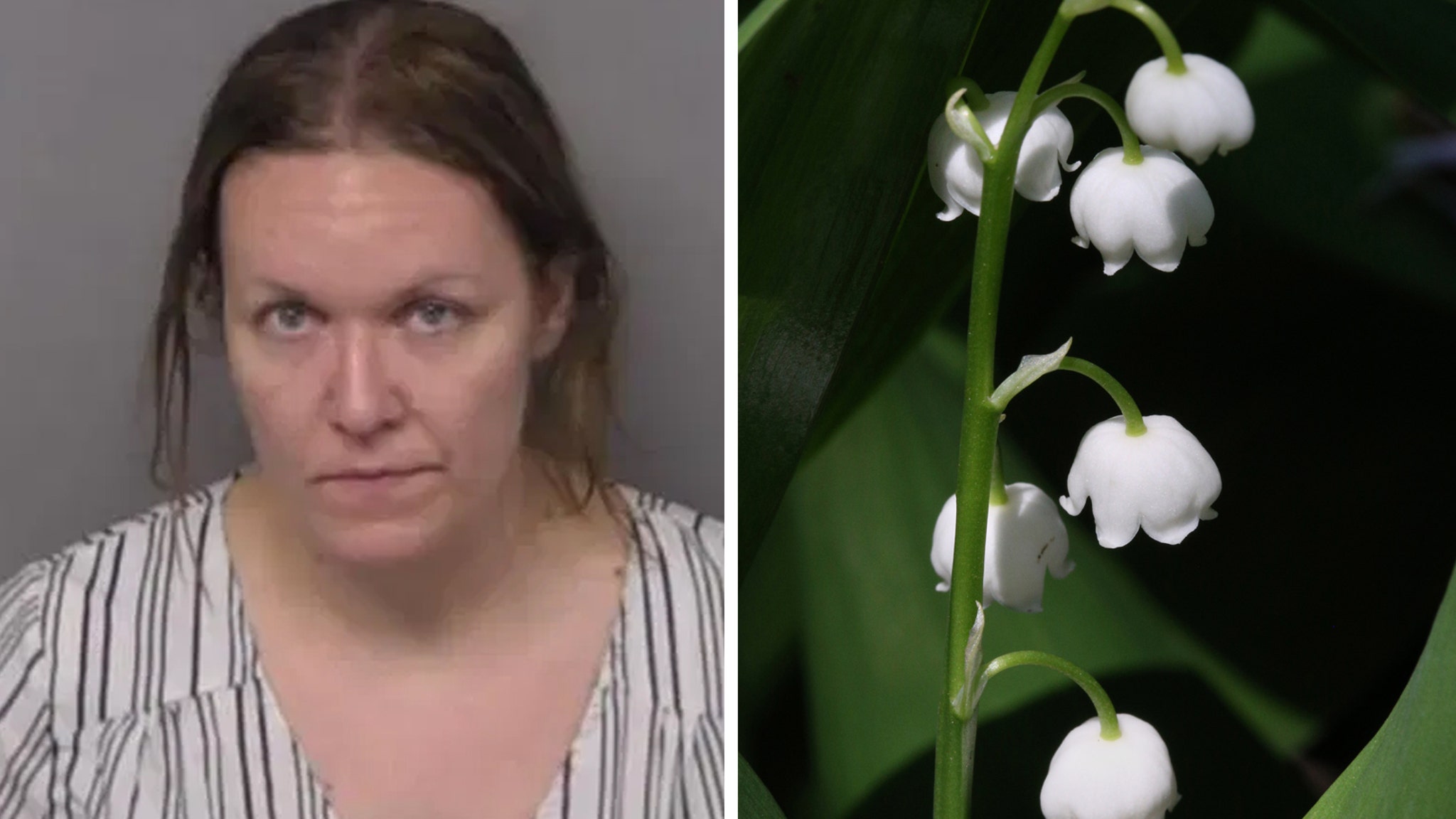Jakob Nowell, the mind behind Jakobs Castle, is sporting a tank top, board shorts, and an infectious smile as he jumps out of a beat-up SUV he has been traveling in with his band from Southern California. Rolling up a cigarette of his favorite tobacco, Jakob speaks candidly about the journey he has been on for over a decade, which has resulted in a few euphoric highs. For one, a coveted record deal with legendary punk label Epitaph Records. Then there’s his forthcoming debut LP. Enter: The Castle, out April 12, which features a host of incredible collaborators, including Tim Armstrong of Rancid and Operation Ivy.
Following the disbandment of his previous reggae- and ska-tinged group LAW, he first conceptualized Jakobs Castle to create music based on his most eclectic and diverse influences. The project is unique for a multitude of reasons, one being the sound and overall aesthetic behind the project that fuses everything from ’90s alternative in the vein of Weezer and Pixies to the modern sounds of hyperpop and reggae, which he brilliantly dubs “beach meets internet.”
Read more: Every Weezer album ranked: From worst to best
As an artist, Jakob wants to be as provocative and divergent as possible with his art, largely in part as a tribute to his father, the late Bradley Nowell, vocalist of Sublime and one of the most celebrated and iconic figures of ’90s alternative music. Bradley passed away in 1996 due to a drug overdose, not even a year after the birth of Jakob. While he never had an opportunity to get to know his father, it is impossible to ignore the spiritual connection between the two in Jakobs Castle’s music. However, Jakob doesn’t want to focus on the past, instead paying homage to his father’s legacy by following his own path and being as inventive and musically free as possible.
In an exclusive interview, he details the genesis of Jakobs Castle, his forthcoming LP, and the legacy of his father.
Your music incorporates a diverse range of sounds. What are the key influences behind Jakobs Castle?
For about eight or nine years, I was touring with my old band, LAW, and a lot of it was just boot camp for me to figure out what it takes to do the job of being a traveling musician. The music I was making in that band was more in the vein of what the other bandmates wanted to make, and when that project broke up, I knew it was my chance to finally make the music that I liked. I like punk, acoustic stuff like Violent Femmes and funny, ironic stuff like Tenacious D. I was also inspired by the hyperpop sphere with artists like glaive and Dorian Electra. I know hyperpop has become a buzzword that has maybe already passed, but it felt like a celebration and an ironic take on pop music going to its logical extreme. I tell people the tagline behind my music is “beach meets internet.”
Last year you signed a record deal with the legendary punk-rock label Epitaph Records. What does it mean to you personally to be a part of that rich musical history?
I heard this song as a teenager called “I Wanna be on Epitaph” by Betty Blowtorch, and I remember being 13 and asking my mom what Epitaph was. [Laughs.] My mom gave me the lowdown because she’s had a history with all of that stuff as an old-school punk rocker. From there, I always had this image in my head that Epitaph was DIY and punk-rock cool, but still very professional and capable — without being a soulless giant. I can safely say, from my experience, it has been like that.
With your father Bradley Nowell passing away shortly after you were born, did you often find yourself going through the archive of your father’s catalog of music, lyrics, and wisdom as a way to learn more about him as a person and artist to apply to your own art?
It’s a painful and emotional process but also enlightening and fun. I grew up hearing a lot of Sublime songs from my mom and on the radio, but for me having that connection, it’s a real tear-jerker experience. He had such an emotional, soulful voice and tone, and it’s also like, “Here’s this guy that I knew nothing about, but my life has been colorized and characterized by his existence.” I also can’t be this petulant little whiny child saying, “It’s so shitty that I had a parent that gave me these opportunities.” Yeah, there are opportunities, but he had to die to give them. It’s tough because I want to come into my own and carry this torch and give people what they want, but I also want to do it my own way and not have it be this vague facsimile of the past.
If you had to choose, which three Sublime songs mean the most to you?
I had to put a lot in to get here, and I never had this flawless, natural thing that my dad had, but a song that exemplifies that is “Pool Shark,” which I am playing live. The chord progression is strange, and it feels like my dad had to express something and transmit his experiences in a way that was genuine and uniquely his without being too strange or abstract. “Same In The End” is another great song, and even though he was in the throes of addiction during the recording, he could still output this insane amount of energy and creativity. Song three for me is “Boss D.J.,” which is so freeform, sped up, and slowed down. He was an artist where all he had was music to really get that expression out there.
What can fans expect from your forthcoming debut LP, Enter: The Castle, and your live show?
I think the fans will be the ones who genuinely decide if what I’m trying to portray comes across. It’s beach meets internet, it’s old meets new, and it’s the next step in California music if everything goes right. [Laughs.] I hope fans can expect something that will make them smile, make their drive home from work more enjoyable, and offer a place and live show to be yourself and have a good time.







